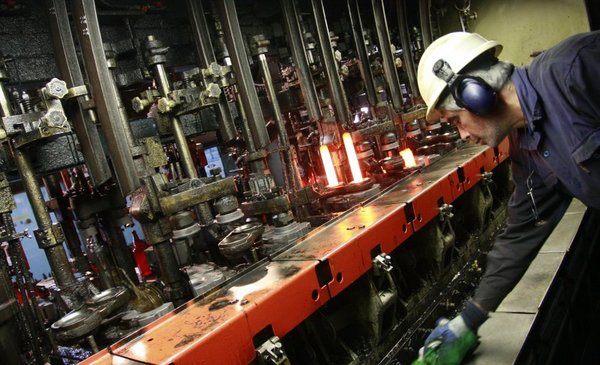The production of the core of the Uruguayan manufacturing industry grew 14% year-on-year in September, according to the data published by the National Institute of Statistics (INE) and processed by El Observador. These data ignore the large players in the manufacturing sector, such as Ancap, UPM, Montes del Plata and Pepsi, which, due to their size and particular production dynamics, distort the analysis.
Thus, the production of the industrial core closed the July-September quarter with growth of 16.8% in the interannual comparison. Meanwhile, the average annual variation is 8.1%
In turn, in September, the Index of Hours Worked by workers registered a variation in the same period of 8.3%, and the Index of Employed Personnel of 5.7%.
In January, 16 industrial branches grew (food, beverages, clothing, leather, wood, paper, printing, refinery, chemical products, rubber and plastic, non-metallic minerals, common metals, electronics, computers and optics, electrical equipment, machinery and equipment and motor vehicles.
Meanwhile, there were falls in 6 branches such as textiles; pharmaceutical products; non-machinery metal products; furniture; other industries and repair and installation of machinery.
In line with the “sustained” recovery in economic activity that characterized the Central Bank of Uruguay, the industry contributed 1.7 percentage points to the interannual growth of GDP in the third quarter and 0.7 pp to the quarter-on-quarter growth. https://t.co/VjQot2hPOH
– Aldo Lema – Uruguay (@AldoLema_uy) November 11, 2021


















